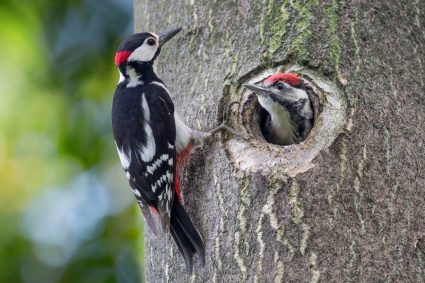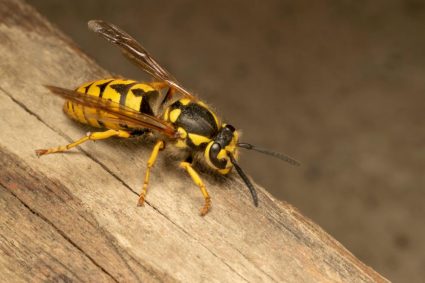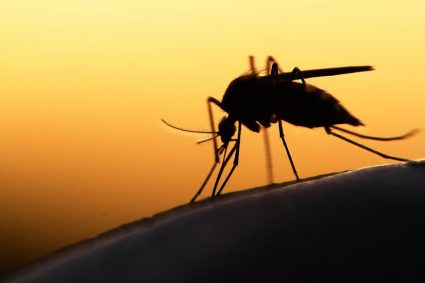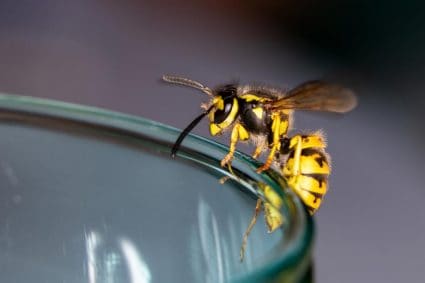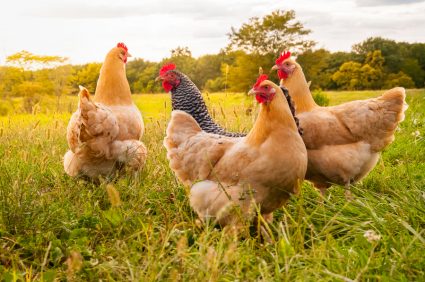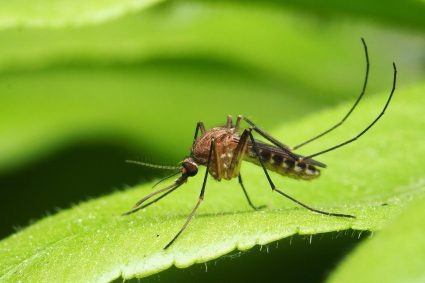
Keeping squirrels out of your raised garden beds can often feel like a full-time job. These agile and persistent creatures are known for their ability to cause havoc in gardens, digging up bulbs, nibbling on tender plants, and generally making a mess. However, with the right strategies and tools, you can effectively deter these critters from your garden. This comprehensive guide will provide you with multiple solutions, options, and preventative measures to keep squirrels at bay.
To keep squirrels out of raised garden beds, start by identifying signs of squirrel activity such as bite marks on plants and disturbed soil. Prevent squirrel attraction by planting repellent plants like mint and marigolds, using commercial repellents, keeping your garden tidy, and using predator decoys. Install physical barriers like netted hoops or chicken wire around your garden beds. You can also use natural deterrents like mint, alliums, and spicy peppers. If squirrels have already infested your garden, consider humane removal methods such as repellent scents and motion-activated sprinklers.
How to Identify Squirrel Activity in Your Garden
Before deploying any squirrel-proofing methods, it’s essential to confirm that squirrels are indeed the culprits causing damage to your garden. Here are some telltale signs of squirrel activity:
- Bite marks on flower buds, fruits, and vegetables.
- Partially eaten flowers or missing plants.
- Shallow digging spots in planting beds, which may be golf ball-sized or smaller.
- Disturbed soil or mulch around plants, indicating digging for seeds, bulbs, or insects.
- Squirrel tracks and droppings around fences, trees, or other structures in the garden.
- Container digging, where squirrels have disturbed potted plants or herbs.
- Uprooted young seedlings, as squirrels prefer eating younger plants.
Prevention is the Best Cure: Creating a Squirrel-Proof Garden
Preventing squirrels from being attracted to your garden in the first place is one of the most effective ways to keep them out of your raised garden beds. Here are some preventative measures you can take:
- Use Repellent Plants: Certain plants like mint, marigolds, nasturtiums, or mustard are known to repel squirrels. Planting these around your raised garden beds can deter them. Here’s a comprehensive list of squirrel repellent plants.
- Apply Commercial Repellents: Commercial squirrel repellents can be sprayed around your garden beds. These typically contain predator urine or other scents that squirrels find unpleasant.
- Keep Your Garden Tidy: Overgrown, cluttered areas can attract squirrels. Keeping your garden beds clean and well-maintained can help discourage them.
- Use Predator Decoys: Plastic or resin owls or rubber snakes can scare away squirrels and prevent them from getting close to the garden beds.
- Apply Natural Deterrents: Sprinkling hot pepper flakes or essential oils like peppermint, geranium, or clove around your plants can help repel squirrels.
- Install Motion-Activated Sprinklers: These devices can startle and scare squirrels away from your garden beds.
Physical Barriers: The First Line of Defense
Physical barriers are often the most effective way to keep squirrels out of your raised garden beds. Here are some methods to consider:
- Netted Hoops: Create a barrier of netted hoops over the raised garden bed using flexible tubing, bamboo stakes, and squirrel or bird netting.
- Chicken Wire or Hardware Cloth: Use these materials to create a protective cage around the raised garden bed, burying the edges 6 inches below the surface to prevent squirrels from digging under it.
- Floating Row Covers: These lightweight fabrics can also help deter squirrels without harming your plants.
- Protective Netting: For fruit or nut trees and shrubs, protective netting is a good option.
- Squirrel Fence Spikes: Attach strips of bristles or inverted cones to roofs, walls, and fences to create a barrier that squirrels cannot climb.
Natural Deterrents: Using Plants and Substances Squirrels Dislike
Several plants and substances are known to deter squirrels and can be used as natural repellents. These include:
- Mint, Catnip, and Peppermint: Squirrels dislike these herbs due to their strong scent.
- Alliums: Garlic, onions, leeks, and scallions release a potent odor when injured, which is unappealing to squirrels.
- Spicy peppers: Carolina reapers, ghost peppers, and habaneros can naturally repel small critters due to their fiery flavor.
- Daffodils: These flowers have an unpalatable taste and fragrant odor that deter squirrels, rabbits, and deer.
- Fritillaries: These flowers produce a strong, unfavorable odor that can reduce animal interest.
- Hyacinths: These spring-flowering bulbs are not liked by some squirrels due to their strong scent.
- Lily of the valley: This plant is generally not favored by squirrels.
- Geraniums: The scent emitted by geranium oils is distasteful to squirrels.
Climate Change and Squirrel Behavior
Climate change is affecting squirrel behavior in various ways. Warmer conditions may cause squirrels to breed earlier, leading to potential mismatches in mating cycles. Rising temperatures can also cause squirrels to change their body size and shape to better dissipate heat. This could potentially increase their attraction to garden beds as they seek food and shelter.
Humane Removal of Squirrels
If squirrels have already infested your garden bed, there are several humane ways to remove them. These methods include installing physical barriers, using repellent scents, creating an unappealing environment, keeping the garden clean, employing a watch dog or cat, using repellents, and installing motion-activated sprinklers.
In conclusion, keeping squirrels out of raised garden beds requires a combination of proactive measures, deterrents, and physical barriers. While it may require some effort and vigilance, the reward of a squirrel-free garden is well worth it.


